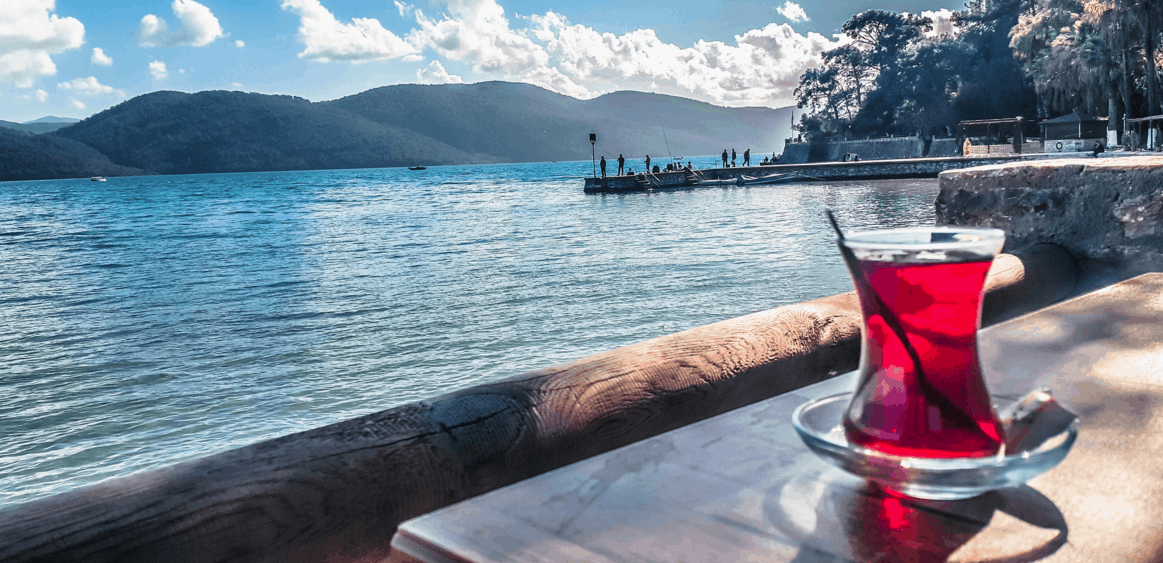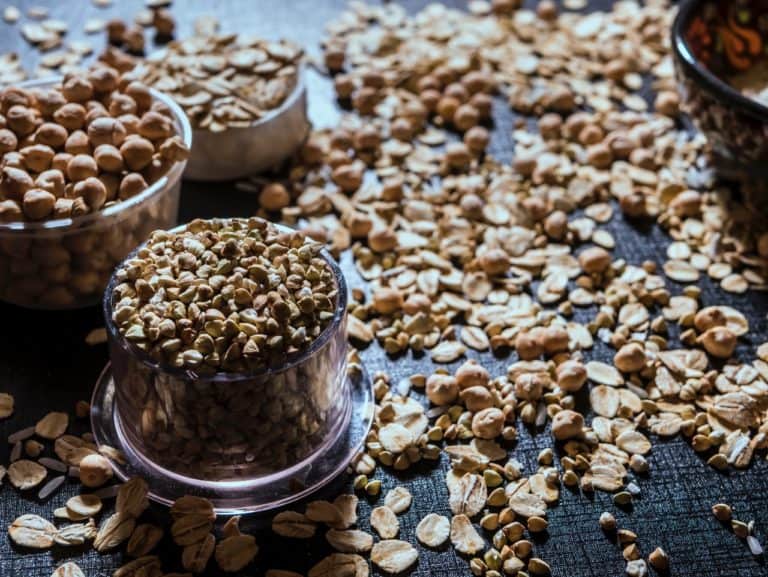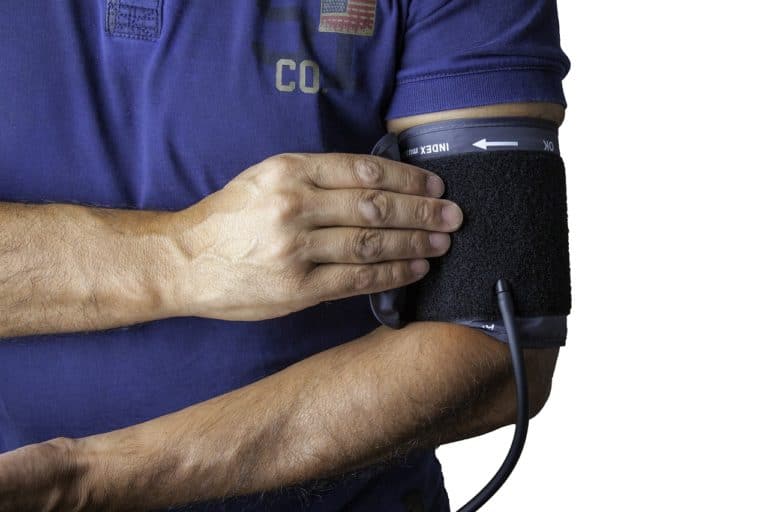If you thought green tea was the healthiest tea you could drink, let me introduce another possibility to you: hibiscus tea. In fact, hibiscus tea contains more antioxidants than the top of the line green tea, matcha tea, and it doesn’t contain caffeine. You may find you like the taste even better than other teas. So what should men know about the healthiest tea in the world?
What Is Hibiscus Tea?
Hibiscus is a bright colored flowering plant that is native to tropical and subtropical areas of the world, but especially China, Egypt, Mexico, Sudan, and Thailand. More than 200 species belong to the genus Hibiscus, and the plant is often referred to sorrel or flor de Jamaica (or sometimes just Jamaica). The flowers are trumpet shaped and consist of five or more petals with colors that range from white to yellow, pink, red, purple, or orange.
The plant typically used to make hibiscus tea is from the Hibiscus sabdariffa flower. Hibiscus tea is an excellent source of various organic acids (e.g., citric acid, malic acid, tartaric acid), as well as vitamin C and minerals. The tea has a cranberry-like color and flavor and is tart, so you may want to add a little natural sweetener.
Perhaps the most important thing that can be said about hibiscus tea is that it is one of the richest sources of antioxidants in a beverage in the world. In a study published in Nutrition Journal, researchers explained how they developed a comprehensive food database that listed the antioxidant content of more than 3,100 foods, spices, beverages, herbs, and supplements.
After analyzing 283 different beverages, hibiscus tea beat matcha green tea when it came to antioxidant content. While green tea is still a very good beverage choice for antioxidants, hibiscus tea tops the list.
Over the centuries, hibiscus has been valued for its ability to support heart health, soothe upper respiratory conditions, help skin health, and relieve constipation, but the one condition that has been supported by research is high blood pressure.
Studies of Hibiscus Tea
In fact, a 2012 Tufts University study published in the Journal of Nutrition reported that hibiscus tea demonstrated promising results when pitted against placebo tea. In the double-blind, placebo-controlled study, 65 adults with prehypertension or mild hypertension were given either three 240-mL servings of either hibuscus or placebo tea daily for six weeks.
At the end of six weeks, adults who had consumed the hibiscus tea had a lower systolic blood pressure when compared with adults in the placebo group, but the same was not true for diastolic pressure. The authors concluded that “daily consumption of hibiscus tea…lowers BP in pre- and mildly hypertensive adults and may prove an effective component of the dietary changes recommended for people with these conditions.”
The healthful benefits of hibiscus don’t end there. Another study explored the impact of hibiscus extract powder in patients with metabolic syndrome. Metabolic syndrome is a combination of disorders that increase a person’s risk of developing diabetes and cardiovascular disease. Components of metabolic syndrome include insulin resistance, obesity, high blood pressure, elevated triglycerides, and low “good” cholesterol (high-density lipoprotein, HDL).
The study evaluated the effects of Hibiscus sabdariffa extract powder on people with and without metabolic syndrome. All the participants took 100-mg capsules of hibiscus extract daily for one month. At the end of the month, individuals with metabolic syndrome showed significantly lower levels of glucose and total cholesterol as well as an in increase in HDL levels. Hibiscus extract also lowered triglyceride levels in people with and without metabolic syndrome.
When shopping for hibiscus tea, look for either 100% hibiscus or combination teas that list hibiscus as the first ingredient.







